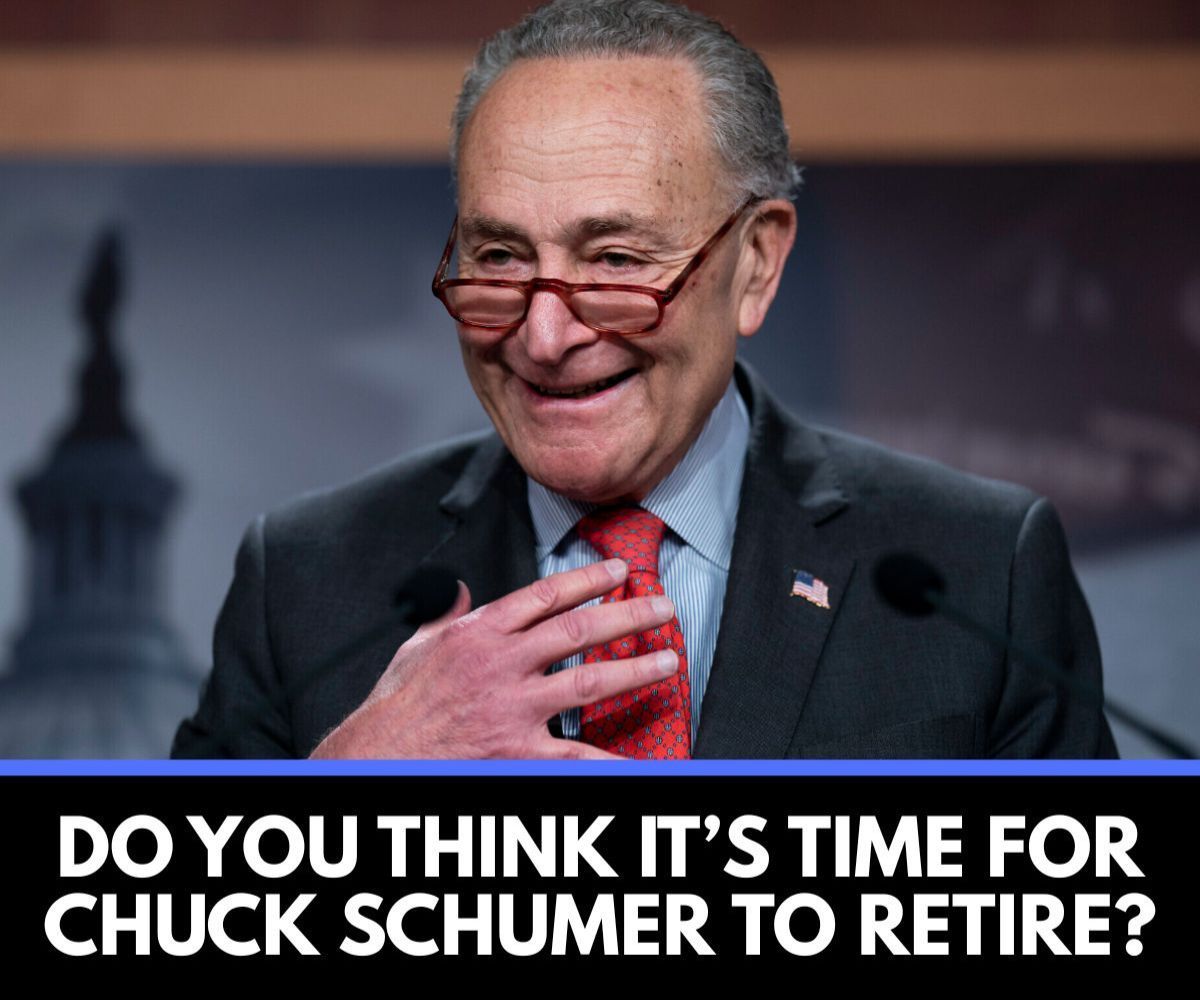Hours of intense discussions to reach an agreement on President Donald Trump’s nominations exploded Saturday night, and lawmakers are already returning home.
Senate Republicans and Democrats were quick to blame each other for the deal’s failure, but it was ultimately Trump who ended the talks.
In a lengthy post on his social media platform Truth Social, Trump accused Senate Minority Leader Chuck Schumer, D-N.Y., of “demanding over One Billion Dollars to approve a small number of our highly qualified nominees.”
“This demand is egregious and unprecedented, and would be embarrassing to the Republican Party if it were accepted. It is political extortion, by any other name,” Trump said. “Tell Schumer, who is under tremendous political pressure from within his own party, the Radical Left Lunatics, to GO TO HELL!”
“Do not accept the offer,” he continued. “Go home and explain to your constituents what bad people the Democrats are, and what a great job the Republicans are doing, and have done, for our Country. Have a great RECESS and, MAKE AMERICA GREAT AGAIN!!!”
Instead of finding a way to vote on up to 60 of the president’s nominees, all of whom passed through committee with bipartisan support, senators quickly voted on seven before leaving Washington until September.
But Schumer saw Trump’s move as a victory for Senate Democrats. He argued that the president abandoned negotiations while he and Senate Majority Leader John Thune, R-S.D., sought a bipartisan solution, “provided the White House and Senate Republicans met our demands.”
“He took his ball, he went home, leaving Democrats and Republicans alike wondering what the hell happened. Trump’s all-caps Tweet said it all. In a fit of rage, Trump threw in the towel, sent Republicans home, and was unable to do the basic work of negotiating,” Schumer said, standing next to a poster-sized version of the president’s post.
However, prior to the president’s order, both sides of the aisle believed they were on the point of reaching an agreement to accommodate Trump’s wish to have his candidates confirmed while also leaving Washington.
Thune stated that “lots of offers” were exchanged between him and Schumer throughout the negotiations.
“There were several different times where I think either or both sides maybe thought there was a deal in the end,” he said.
Senate Democrats wanted the White House to unfreeze billions of dollars in National Institute of Health and foreign aid funding, as well as a future guarantee that the White House would not issue any further clawback packages.
In exchange, they would approve several of Trump’s uncontroversial candidates.
Oklahoma Republican Sen. Markwayne Mullin accused Schumer of going “too far” by upping the price tag on his demands.
“We’ve had three different deals since last night,” he said. “And every time it’s been, every time it’s ‘I want more,’” Mullin said of Schumer’s demands.
Mullin said Republicans weren’t caught off guard by Trump’s call to halt talks and explained that the White House had been heavily involved in the negotiations.
“You get to a realization that there was, it was never about making a deal,” Mullin continued. “They want to go out and say the President’s being unrealistic, and because he can’t answer to his base to make a deal like we have in every other president in history.”
Now, Republicans won’t pursue recess appointments; however, Mullin noted that a rule change to the confirmation process will be implemented when lawmakers return in September as a response.
“The asks evolved on both sides quite a bit over time,” Thune said. “But in the end, we never got to a place where we had both sides agree to lock it in.”
Senate Democrats, on the other hand, said that their offer had never altered and that Republicans continued to increase the number of nominees they wanted across the line, attempting to include more unpopular, partisan picks.
Schumer refused to share the specifics of his demands but argued that any changes to Senate rules would be a “huge mistake” and urged Trump to engage with Senate Democrats going forward, especially as Congress approaches yet another federal funding deadline in September.
